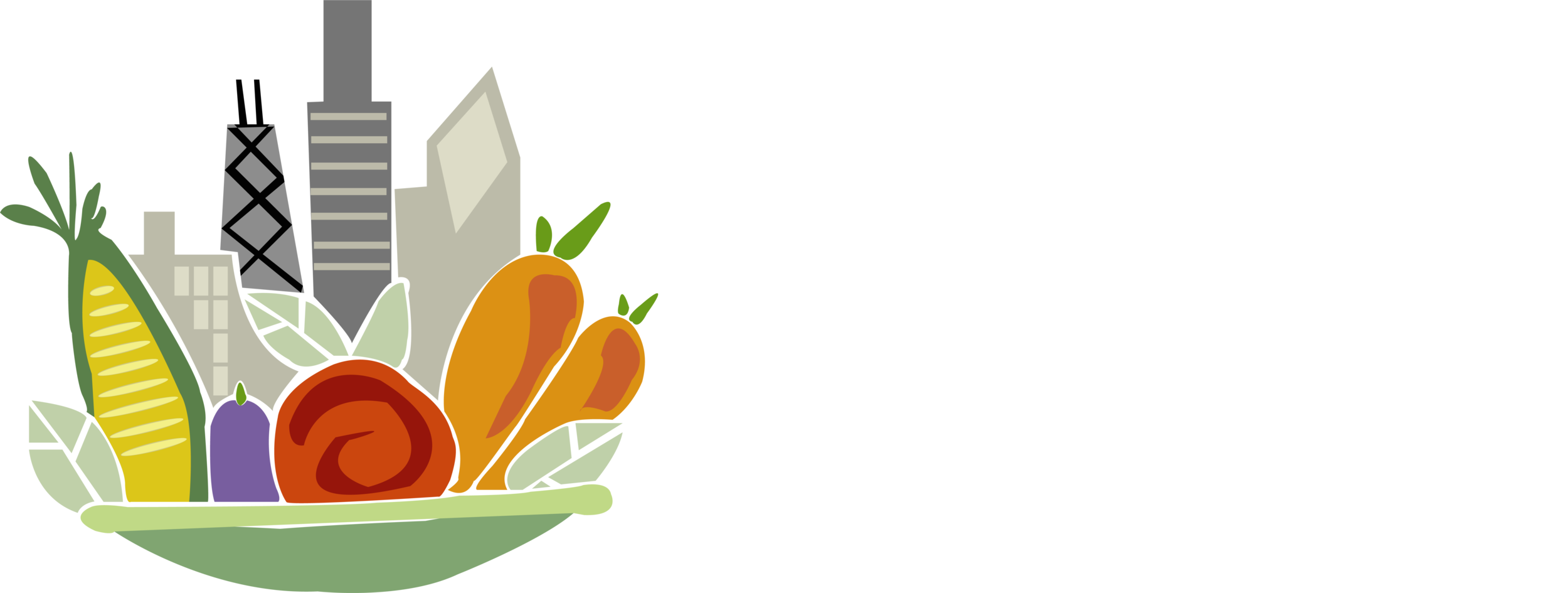
Our Goals
Revisit 2011 zoning amendment regulations re: aquaponics & apiary restrictions
Revise Chicago compost regulations to reflect changes at the state level
Advocate for an Urban Livestock Policy
The Good Food Purchasing Program
GFPP
functions under five core values that work to:
strengthen regional food economies to create new, good-paying jobs
reduce the environmental impacts of food production
promote fair treatment for food system workers
ensure the humane treatment of animals
encourage healthy food procurement and preparation and a healthy food service environment
LATEST NEWS
The Chicago Food Policy Action Council (CFPAC) applauds the City of Chicago for adopting a resolution that will transform the way agencies purchase food and will work to promote health and well-being to Chicagoans creating a sustainable, socially responsible food system that has the potential of returning millions of dollars to local, food-based businesses and entrepreneurs.
The Chicago City Council’s adoption of the Chicago Good Food Purchasing Program (GFPP) demonstrates a meaningful commitment to values-based food purchasing that contributing to overall health and community wellness. When implemented the measure will impact a significant portion of nearly $200 million in spending toward local food businesses and farmers. At no cost to taxpayers, the CGFPP will prioritize nutrition, affordability, locality, sustainable production practices, sound environmental practices, fair prices for producers and safe and fair working conditions for employees and food workers.
The GFPP functions under five core values that work to:
strengthen regional food economies to create new, good-paying jobs;
reduce the environmental impacts of food production;
promote fair treatment for food system workers
ensures the humane treatment of animals; and,
encourages healthy food procurement and preparation and a healthy food service environment.
“This is a giant step in the right director for our city and the hundreds of food-based businesses and I thank Mayor Emanuel and the City Council for having the vision to see this through,” said CFPAC Executive Director Rodger Cooley. “City agencies, such as the Chicago Public Schools (CPS) and the Department of Public Health (CDPH) will take a closer look at the way food is purchased and distributed to some of our most vulnerable citizens. This not only contributes to good wealth but will also strengthen local food-based businesses by guaranteeing that a significant percentage of purchases are local.”
Cooley said CFPAC worked with the Good Food Task Force, organized by the Mayor’s Office and comprised of various sister agencies. “We worked collaboratively for more than a year to do this and CPS and CDPH were the first school district and park district outside of California to see the power and potential of these guidelines,” he said. “This legislation will create more food oasis across Chicago and opportunities for people who grow, sell and distribute food.”
Over the past 20 years, there have been big changes in food, with hundreds of new options that help consumers choose foods that are healthier and better for the environment, animal welfare, and workers. For example, organic, free-range, and fair trade. But for institutions, all of these choices can be difficult to navigate and just like individual consumers, they often have no idea where their food is coming from or how it was produced. The Good Food Purchasing Program provides a set of Standards around five values and supports institutions by helping them make more informed decisions about the food they buy.
“Food workers comprise not only the largest sector of our economy, but also the lowest paid. By enacting the Good Food Purchasing Program in Chicago, we begin to ensure that these workers, and their families have dignified lives,” said Erika Allen, national program for Growing Power, Inc. and president of the CFPAC board of directors.
GFPP was first adopted in Los Angeles in 2012 and has emerged as a national model. It has also been adopted by San Francisco Unified School District and Oakland Unified School District, with at least a dozen cities actively working on adopting the Program across the country, including Austin (TX), Cincinnati (OH), Madison (WI), Minneapolis (MN), and New York.Public health advocates also applauded the City’s adoption, nothing that in California they’ve seen reductions in the consumption of sodium, high fructose corn syrup and processed foods.
“By adopting the GFPP, the City of Chicago is setting a high standard for the community and is aligning its food purchasing with social values like compassionate animal treatment,” said Suzanne McMillan, content director for the American Society for the Prevention of Cruelty to Animals (ASPCA). “Independent certifications such as the ones required by this policy represent a significant step toward a more humane and transparent food system.”
The GFPP is not only expected to re-direct millions to local produce farmers and other Chicago-based food and distribution businesses but also examine whether or not businesses follow fair labor practices. News of the resolution’s passage is also great news for food workers, many of whom have been fighting for wage parity and paid sick days.
“In Los Angeles the Good Food Purchasing Program resulted in over 150 new living wage jobs and improvements in the standards of living for thousands of people, and Chicago can have the same impact” said Jose Oliva, co-director of the Food Chain Workers of America and CFPAC board member.
CFPAC also applauds the City Council’s Health and Environmental Protection Committee, chaired by Ald. George A. Cardenas (12th Ward), which unanimously passed the resolution. Food justice advocates will continue to lobby Cook County and state government to adopt its own version of the resolution in the coming days.







